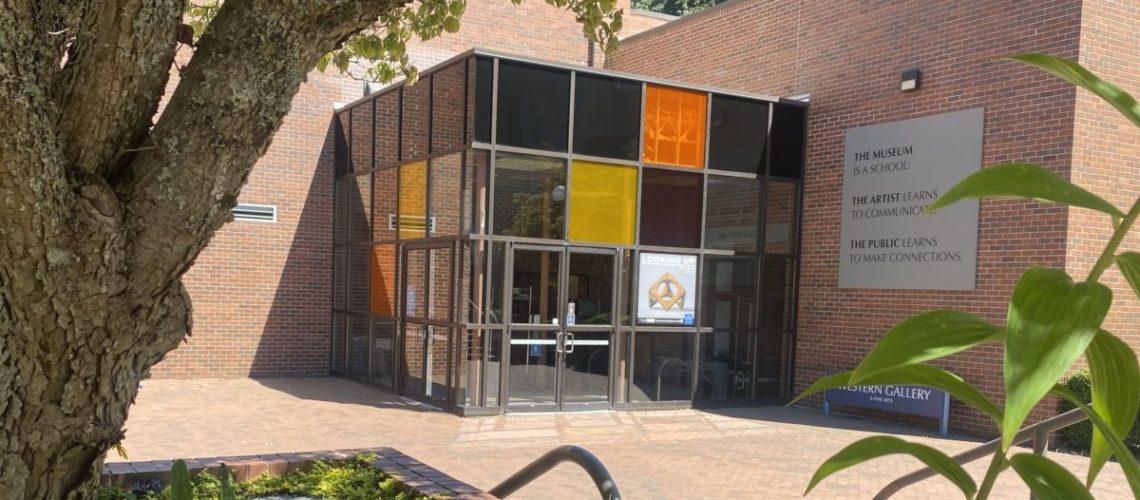New Mexico-based nanotechnology developer UbiQD develops the transparent solar windows.
UbiQD, a nanotechnology company, announced its quantum dot solar technology will be used in a Small Business Innovation Research project with the United States Air Force. The Air force contract provides funding for two installations of over 20 windows and additional scale-up and development funds for the product.
“We are seeing strong fiscal support for sustainability initiatives in the built environment right now,” said Hunter McDaniel, UbiQD founder and CEO. “Our expanded contract with the U.S. Air Force couldn’t come at a better time, right as we are scaling and ahead of the upgraded solar investment tax incentives.”
The company utilizes luminescent quantum dot tinting to concentrate solar energy and generate electricity while maintaining transparency. Quantum dots are photoluminescent particles so small that it would take 100,000 of them to span one fingernail, said UbiQD. The company said the technology has applications in localized DC microgrids and smart building solutions, including integration with sensors for climate and ambient controls.
Commercial buildings account for 36% of all U.S. electricity consumption at a cost of more than $190 billion annually. Additionally, windows represent 30% of a commercial building’s heating and cooling energy, costing US building owners about $50 billion annually, according to DOE.
UbiQD’s quantum-dot tinted window, called WENDOW, has recently been installed in a series of demonstrations projects, including a campus building at the Western Washington University, which the company said is the largest solar window installation to date. The WENDOW can be tinted, allowing for colorful designs. The university installation features vibrant yellow and orange windows.
“This technology helps Western Washington University get closer to achieving our sustainability goals on campus,” said David Patrick, Vice Provost for Research and Dean of the Graduate School. “I was impressed by how easily the windows were installed and love how great they look. I’m hoping to see more projects like this on campus in the near future.”
While the solar windows offer less efficiency than a conventional solar panel, they represent an alternative to blending photovoltaics with the build environment. Read more about solar in uncommon spaces.
UbiQD also builds translucent panels for greenhouses that are integrated with photoluminescent particles that are efficient at converting light into a preferable wavelength. The UbiQD “UbiGro” panels glow a spectrum of color that is optimized for plant growth, absorbing UV and blue light and emitting fruitful orange or red light.
In recent trials, UbiGro led to a 21% boost in flowering in geranium flowers, a 14 to 28% boost in winter strawberry growth, and an 8% yield increase in cannabis production. Increased crop yields are a welcome sign to any grower, and the two companies are set to take that benefit one step further, integrating productive solar PV in the greenhouse-topping modules.



